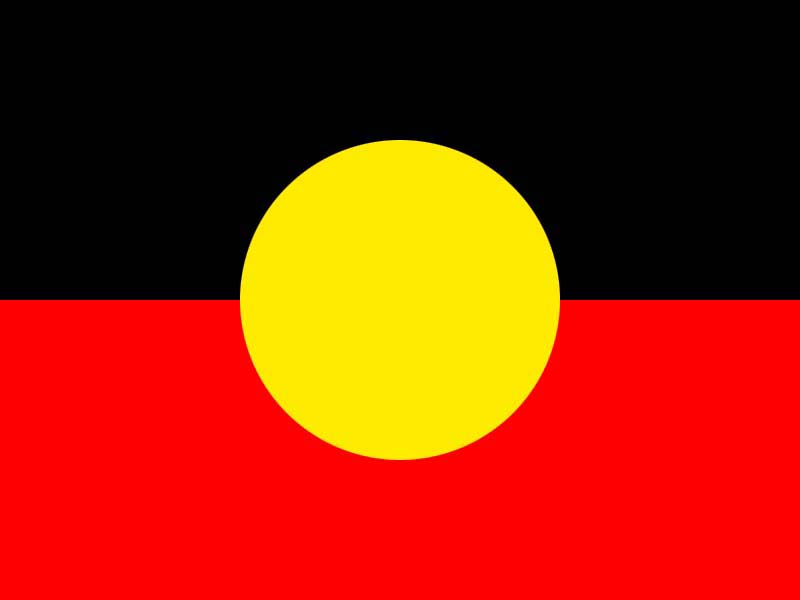Search
User login
Dr. Åse Ottosson -- Too Much Blackfellas: Performing Aboriginal Music in White Australian Towns
 Among Aboriginal musicians from remote Central Australian desert communities, performances in white-dominated towns are commonly portrayed as desirable occasions for engaging with a white-dominated socio-musical realm. This seminar explores how such racially informed cross-cultural notions are put to work in the accumulation of Aboriginal male and musician status. I then describe how Aboriginal town gigs are in fact organised, carried out and evaluated by various Aboriginal and non-Aboriginal stakeholders. I suggest that instead of producing congenial cross-cultural exchanges, most Aboriginal town gigs are particularly powerful and passionate mono-cultural happenings for the reproduction of real and imagined division of “blackfella” and “whitefella” domains, with distinct forms of sociability. These gigs attract hundreds of Aboriginal people who come to support “their” bands, dance, drink, chase sex, have fun and fight in ways that unsettle white town orders. I discuss how the blackfella insistence on being present on their own “too much” terms tends to reproduce a local history of racialising the Other and one’s own kind. With a focus on processes of mediation, the gathering power of place, and persistent “othering”, I suggest ways in which we can analyse the multilayered and “messy” socio-cultural dynamics of real and imagined cross-cultural engagements and recognition.
Among Aboriginal musicians from remote Central Australian desert communities, performances in white-dominated towns are commonly portrayed as desirable occasions for engaging with a white-dominated socio-musical realm. This seminar explores how such racially informed cross-cultural notions are put to work in the accumulation of Aboriginal male and musician status. I then describe how Aboriginal town gigs are in fact organised, carried out and evaluated by various Aboriginal and non-Aboriginal stakeholders. I suggest that instead of producing congenial cross-cultural exchanges, most Aboriginal town gigs are particularly powerful and passionate mono-cultural happenings for the reproduction of real and imagined division of “blackfella” and “whitefella” domains, with distinct forms of sociability. These gigs attract hundreds of Aboriginal people who come to support “their” bands, dance, drink, chase sex, have fun and fight in ways that unsettle white town orders. I discuss how the blackfella insistence on being present on their own “too much” terms tends to reproduce a local history of racialising the Other and one’s own kind. With a focus on processes of mediation, the gathering power of place, and persistent “othering”, I suggest ways in which we can analyse the multilayered and “messy” socio-cultural dynamics of real and imagined cross-cultural engagements and recognition.
Dr. Åse Ottosson completed her PhD thesis “Making Aboriginal Men and Music in Central Australia” at the Australian National University in 2006. Her doctoral research explores indigenous and male identity work in the realm of popular music making, based on fieldwork with in the Australian central desert region. A dual citizen of Australia and Sweden, her 1998 Master’s Thesis at Stockholm University, Sweden, explored local governance, democracy and gender regimes in rural Uganda. Before turning to academia, she worked as a photojournalist and foreign correspondent for 15 years and published widely on human rights, gender, politics and economics in Asia and Australia. She lives in Alice Springs, Central Australia, and works as a regional anthropologist for the Aboriginal Central Land Council.
